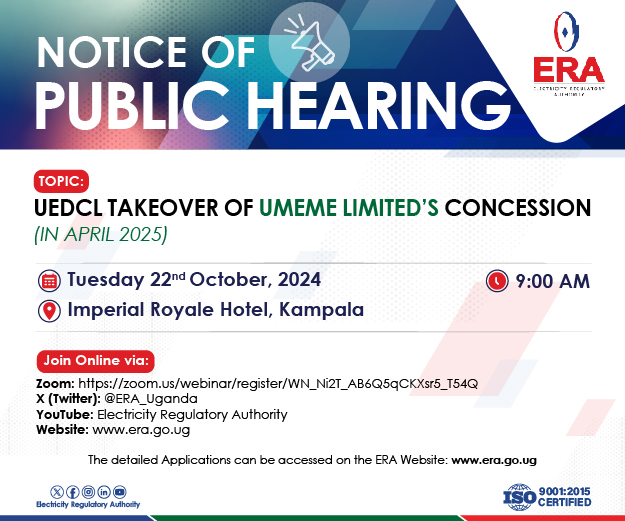The National Animal Genetic Resources Centre and Data Bank (NAGRC), entrusted with spearheading livestock genetic improvement in Uganda, has come under fire following shocking revelations of gross mismanagement. According to a report by the Auditor General for the financial year ending June 30, 2024, the agency is plagued by widespread corruption, regulatory violations, and inefficiency.
With Executive Director Peter Beine’s contract expiring soon, the findings cast a shadow on his leadership, leaving stakeholders calling for accountability and structural reform.
The audit reveals that billions of Ugandan shillings allocated to vital programs are unaccounted for, including UGX 3.5 billion earmarked for the construction of animal breeding facilities. Despite the funding, there is no evidence of progress. The report attributes the failure to poor planning, lack of oversight, and a glaring absence of financial transparency.
Further investigations highlight fraudulent procurement practices, with payments made to ghost suppliers and inflated contracts for low-quality goods. A source within NAGRC describes the institution as operating with a “culture of impunity” where repeated failures face no consequences.

The report outlines breaches of the Public Finance Management Act (PFMA), including the unauthorized diversion of UGX 1.2 billion for administrative expenses. This action bypassed the Ministry of Finance and NAGRC’s own Board of Directors, violating Section 20 of the PFMA.
In addition, procurement irregularities were rampant. Contracts were awarded without competitive bidding, flouting Public Procurement and Disposal of Public Assets Authority (PPDA) regulations. This undermined the quality and effectiveness of services crucial to NAGRC’s mandate.
The ripple effects of mismanagement are being felt across Uganda’s agricultural sector. Farmers who depend on NAGRC for quality genetic materials and livestock support have been left in the lurch.
Key projects like the construction of breeding facilities remain incomplete, while funds for livestock feed and medicines have been misappropriated. This has left farmers vulnerable to diseases and declining productivity, threatening livelihoods and food security.

The report assigns blame to weak governance structures under Peter Beine’s leadership. Ineffective monitoring, poor record-keeping, and the absence of a functional internal audit unit have allowed irregularities to persist unchecked.
Criticism has also been leveled at the NAGRC Board of Directors, with allegations of either ignorance or willful neglect of their oversight responsibilities. A former employee accused the board of being “complicit” in the institution’s dysfunction.
The Auditor General’s report has galvanized calls for comprehensive reform. Recommendations include:
Establishing a robust internal audit system.Enforcing compliance with PFMA and PPDA guidelines.Adopting an Integrated Financial Management System (IFMS) to improve transparency.
Governance activist Patrick Mukasa called for more decisive action, stating, “This isn’t about recommendations anymore; it’s about holding individuals accountable, recovering lost funds, and overhauling management.
Executive Director Peter Beine is under intense pressure, with critics questioning his leadership and decision-making. His tenure has been marked by allegations of poor governance and lack of transparency, eroding public trust. Efforts to obtain a comment from Beine were unsuccessful.
The findings underscore an urgent need for Uganda’s government to act decisively. Without intervention, NAGRC risks further tarnishing its reputation and failing its mandate.
Farmers, stakeholders, and governance watchdogs are watching closely as the government faces a pivotal decision: enact reforms to restore NAGRC’s credibility or risk permanent damage to the country’s agricultural sector.
The fate of millions of livelihoods and Uganda’s food security hangs in the balance.




